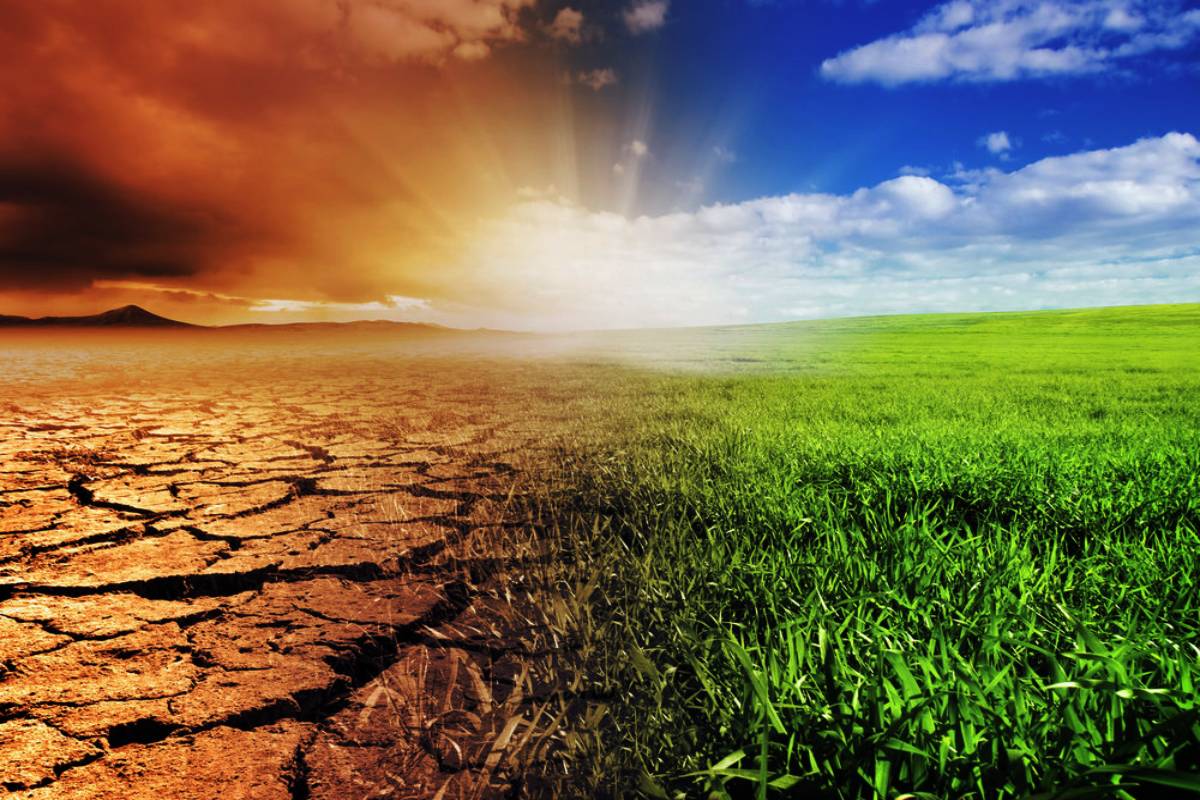Human history is replete with events that emerge as anomalies, challenging the resilience of communities and testing the efficacy of global response mechanisms. The latest, once-in-a-century floods in Somalia, following a historic drought, stands as a stark reminder of our vulnerability to the unpredictable forces of nature. The United Nations, in characterising this catastrophe, signals not just a humanitarian crisis but a complex convergence of climatic phenomena demanding immediate attention of the world.
As torrential rains inundate the arid landscape of Somalia, a staggering 1.6 million people find themselves in the crosshairs of this meteorological anomaly. The culpable weather events, El Niño and the Indian Ocean Dipole are forces that have combined to transform what might have been a manageable seasonal downpour into a humanitarian nightmare. The consequences are dire ~ lives lost and over 300,000 displaced, coupled with a disheartening repetition of history as camps for those uprooted by insurgency and drought are once again flooded.
Advertisement
The compounding impact of consecutive disasters poses an intricate challenge. It’s not merely the rising floodwaters that threaten lives. It’s the insidious aftermath ~ the destruction of 1.5 million hectares of farmland. In a region where agriculture is the lifeblood of communities, this translates to shattered livelihoods, disrupted food supplies, and a perilous step backward on the path to sustainable development.
The fragility of these agrarian economies, exacerbated by the unpredictability of climate change, demands a strategic and comprehensive response. Martin Griffiths, the UN’s Humanitarian Affairs and Emergency Relief Coordinator, had issued a poignant call to action, emphasising the necessity of proactive measures.
The phrase “we need to get ahead of these looming crises” encapsulates not just the urgency of the situation but also the imperative for a paradigm shift in our approach to humanitarian aid. Rather than reacting to disasters as they unfold, we must invest in pre-emptive strategies that build resilience within vulnerable communities. The flooding in Somalia unravels as a microcosm of broader climate challenges facing our planet. Extreme weather events are no longer sporadic occurrences.
They are the new norm. As we grapple with the aftermath of drought and the deluge, the international community must reassess its commitment to climate mitigation and adaptation. It’s a call for nations to transcend political boundaries and collaborate on sustainable solutions that address the root causes of these disasters. This crisis underscores the interconnectedness of climate change, displacement, and humanitarian needs. It illuminates the imperative of forging a synergy between climate policy, humanitarian aid, and community empowerment.
The adoption of innovative technologies, early-warning systems, and sustainable agricultural practices becomes not just a choice but a moral obligation. In navigating this complex landscape, Somalia becomes a litmus test for our collective ability to evolve beyond reactive humanitarian responses. It beckons us to confront the uncomfortable truth that climate change is not a distant spectre but a pressing reality, disproportionately affecting the most vulnerable.











